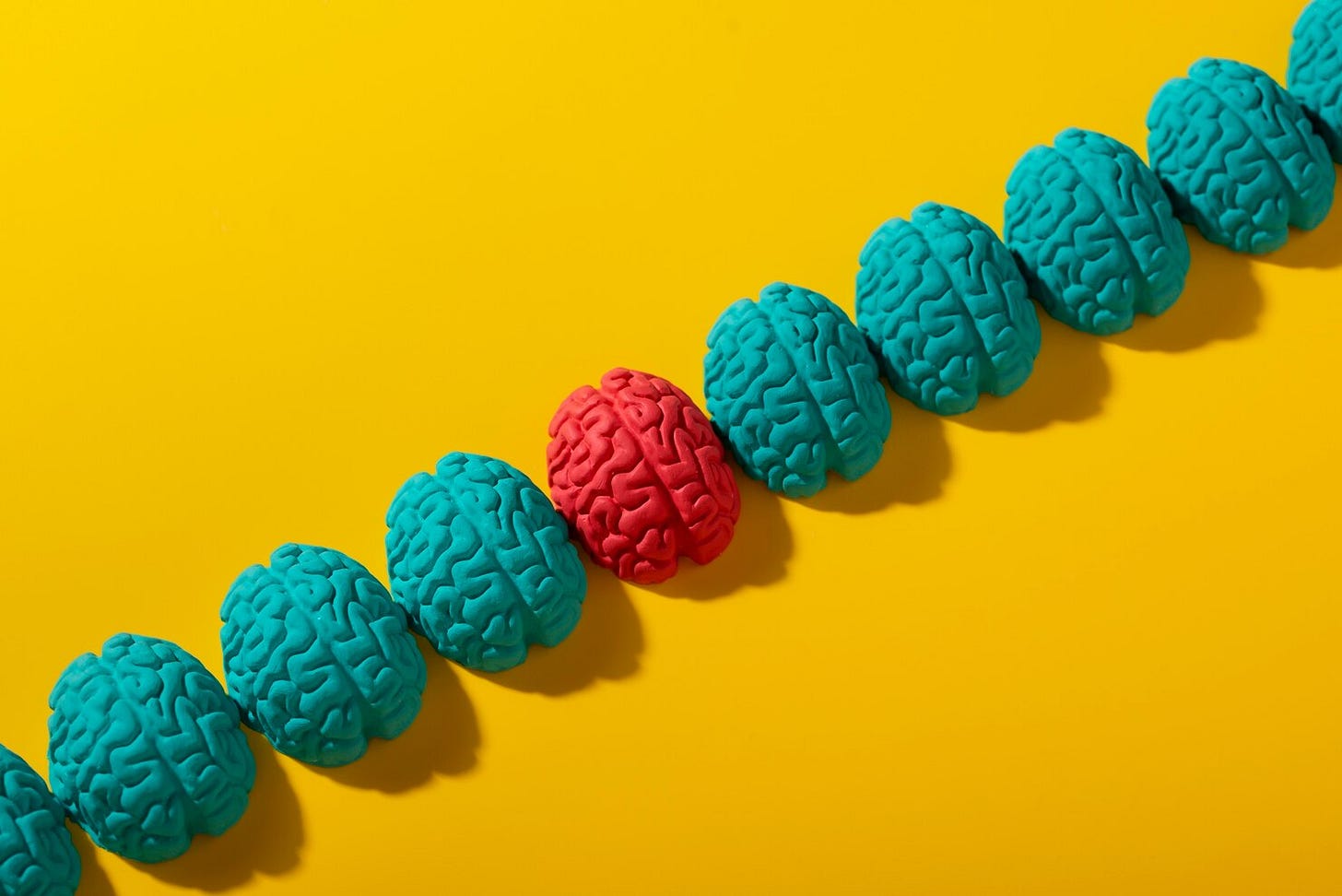Networking, remembering, sensing, intellectualising …jeez its all go for the brain!

For the brain to thrive from the get go it needs the right environment where all the basic and complex needs are met (such as water, shelter, food, sleep through to sensing safety, guidance, feeling wanted, loved , an ongoing exploration of self awareness). We build and refine networks in the brain to establish our individualised sense of self. Let’s take a whirlwind tour and break down some key components:
86billion neurons, networking via 200 trillion (atleast) synapses. Electrochemical magic taking place in our heads is 24/7. It allows us to move, perceive, think, communicate, behave (or not), sense, imagine, advance (or not) & so much more. All the while it monitors our immune, reproductive, digestive, respiratory, cardiovascular and endocrine systems to name a few! This takes energy and efficiency. We can’t be wasteful and complacent, learn from a business, such failings will guarantee bankruptcy.
Ok dokey so our best way to avoid bankruptcy is to learn (or unlearn) through experience how to best meet and manage our needs to ensure we don’t take too much from our own accounts.
Fortunately our brains offer an array of memory modes to capture the experiences. However, these different modes respond and react in different ways. Lets take a closer look.
Intellectual, factual memory. This requires an understanding of time and language. Names, places, capital cities, dates, equations, locations, arranging to meet up with pals.
In contrast time and language are not key features for perhaps the more complex memory modes:
Procedural memory such as walking, cycling, swimming or dancing.
Embodied memory. Being hurt by someone and the body remembers regardless of age or if we are consciously able to remember ourselves.
Emotional memory examples -laughing with friends at a concert, the feeling of falling in love or the nerves of the first day of school or a good song. However, again like embodied memory this can get complicated. If we are being manipulated the emotion may not be clear. Or if we simply are too young to ‘emotionally and intellectually understand’. This understandably may cause confusion for our sense of self until it can get untangled.
Generational memory -Just like the body’s ability to keep score, our genes can too. Epigenetics shows us how trauma can be passed generationally. For example genes linked to immune system function, have been found to incorrectly meddle with the central nervous system. Also a gene linked to levels of cortisol, heavily involved in the stress response have been found to change. Such changes would make sense if fear, abuse and neglect are present. However, the wonder and beauty of biology is that just like the body can heal so can the genes, as long as the environment is right.
But wait! Where is our sensory data coming from to either create, enhance or trigger the memory?
Exteroception - this covers the typical senses- smell, touch, sight sound etc.
Interoception - now this covers what we are sensing in our body. Is my stomach full after dinner? Do I need the toilet? Am I thirsty? Do I feel safe? Can I sense my heartbeat? Is my gut telling me not to trust this person? Do I feel joy with this person? Are my muscles relaxed?
Proprioception -this quirky sense tells us where the body is positioned and what it is doing. Without looking you can sense your feet are on the ground, hands behind your back or if you are doing a handstand or cartwheel. This sense offers a ‘sense’ of physical agency.
Our brains and bodies are processing all this sensory data, utilising all the memory modes to create our individualised reality, no brain is the same. In a world dominated by immediacy, over stimulation, war, genocide, corporate greed and predators, we must remember curiosity, trust and kindness can have just as many powerful positive impacts on our brains, bodies, genes and the planet.
Subscribe to follow me or if you want to find out more for your organisation email louise@hutures.com

